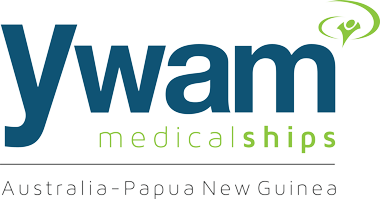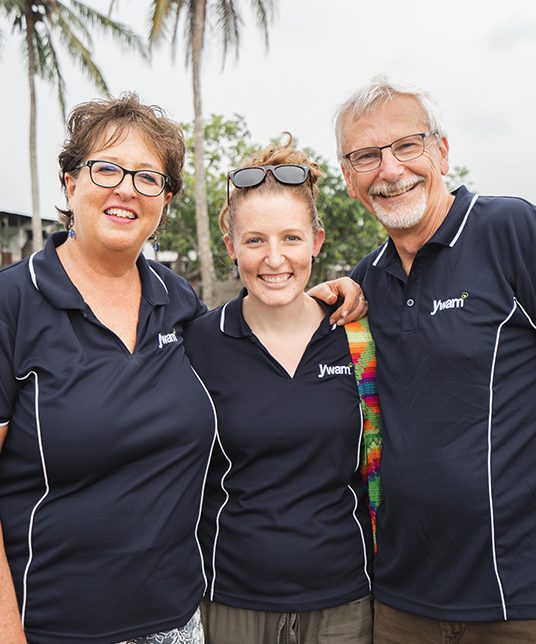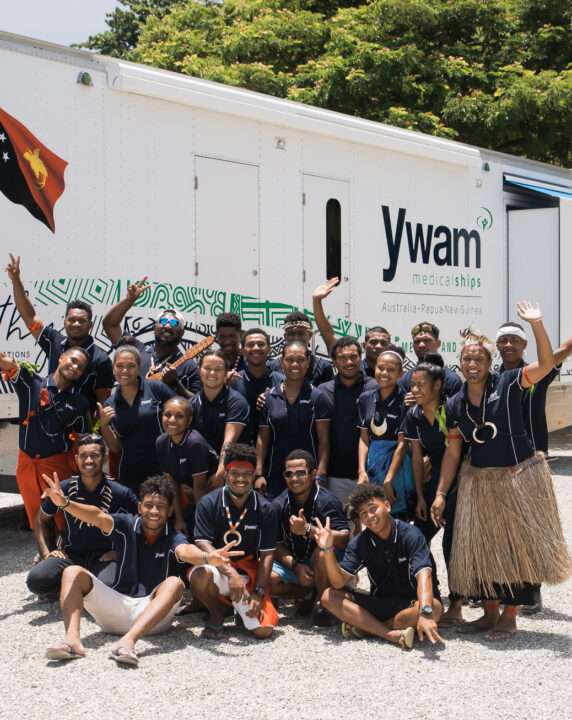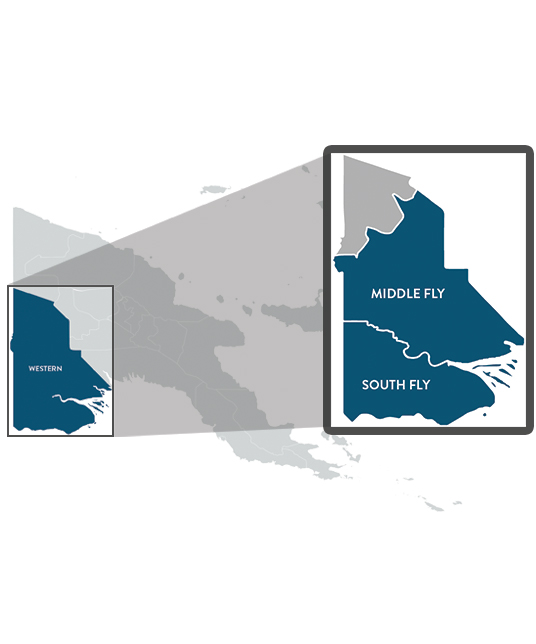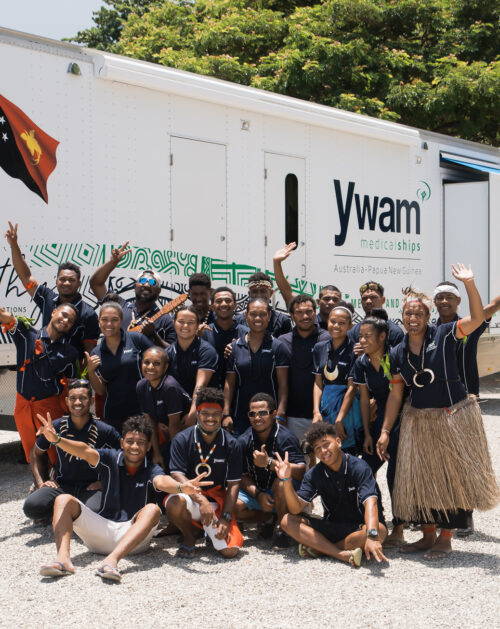
10944NAT Diploma of Christian Missions Leadership
The Advanced Leadership Development is a hands-on, two-year course that gives you the opportunity to develop your understanding of leadership from a Biblical perspective.
During the course, you will work as a full-time volunteer staff member with us. While you may spend a portion of your two years in Papua New Guinea and other areas in North Queensland, your home base will be our campus in Townsville.
The course is designed to equip you with the skills and knowledge you need in order to lead others. Your training will include a combination of classroom-style learning, practical application, and mentoring. Your practical application could include leading a ministry area, leading an outreach team in Australia or Papua New Guinea, leading a project, facilitating training, or even pioneering a new initiative.
What you will learn
During the course you will have the opportunity to grow in the following areas:
- Understanding your unique leadership style
- Project management
- Financial management
- Coaching and mentoring
- Emotional intelligence
- Team building
- Strategic problem solving and decision making – using the Appreciation Process method

Manage projects

Develop strong friendships
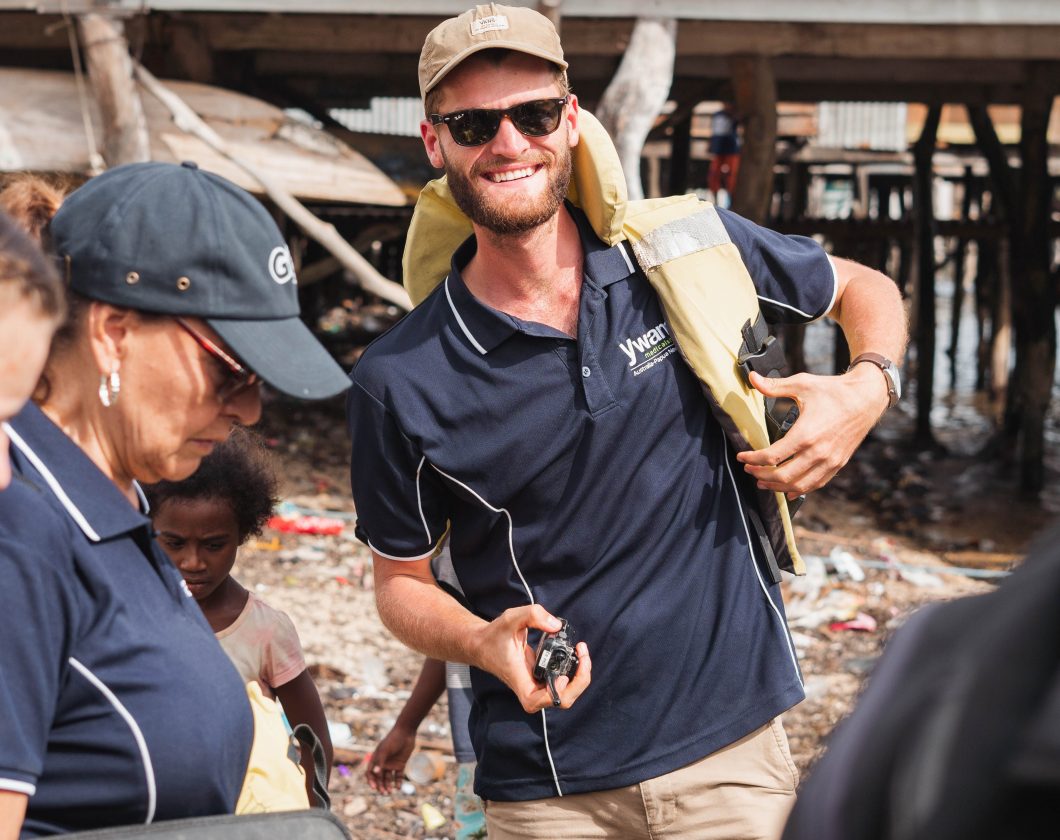
Develop your leadership style
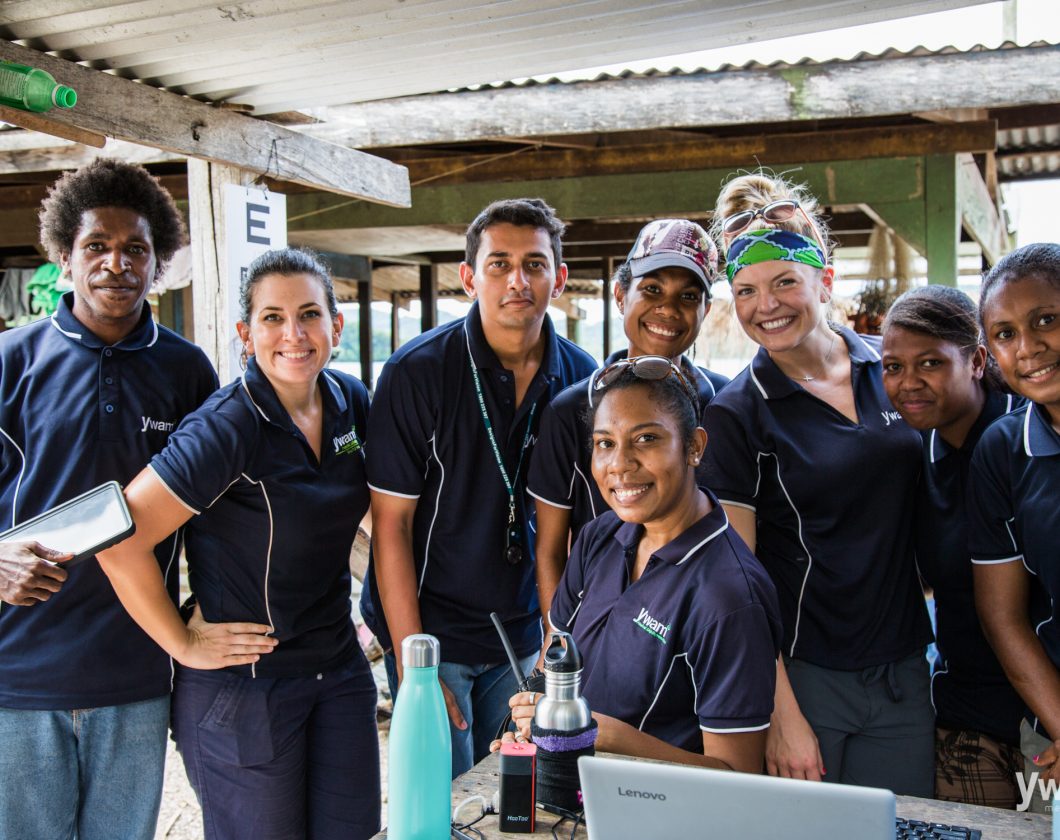
Build effective teams
Dates and cost
january
14 Jan 2024 – 9 Jan 2026
april
31 March 2024 – 27 March 2026
july
30 June 2024 – 26 June 2026
september
8 Oct 2023 – 3 Oct 2025
29 Sept 2024 – 25 Sept 2026
Cost
Course fee: $1,500 AUD
Accommodation: $250 AUD/month (standard dormitory room). You may have the option to upgrade your accommodation to a shared apartment for an additional cost.
Campus meals: $7.50 AUD/day. You will also have the option of purchasing and preparing your own meals.
Additional costs: Travel costs to and from Townsville, student visa, health insurance and other personal expenses.
Course Details
Accreditation
10944NAT Diploma of Christian Missions Leadership
On completion of all 11 units of the course you will obtain a Diploma of Christian Missions Leadership.
NAT10944001 Disciple individual team members
This unit describes the performance outcomes, skills and knowledge required to disciple the individual members of a team.
NAT10944002 Reflect Jesus in leadership
This unit describes the performance outcomes, skills and knowledge required for leaders of Christian missions teams to continuously develop their understanding and application of biblical leadership principles.
NAT10944003 Promote emotional health in a ministry team
This unit describes the performance outcomes, skills and knowledge required for leaders of Christian missions teams to maintain the emotional health of themselves and their team.
NAT10944004 Lead within a Youth with A Mission community
This unit describes the performance outcomes, skills and knowledge required to lead within the structure, ethos and context of a Christian missions organisation and Youth With A Mission community.
NAT10944005 Lead ministry activities
This unit describes the performance outcomes, skills and knowledge required to facilitate and oversee team prayer, worship and evangelism as part of ministry activities.
NAT10944006 Develop biblical unity in a ministry team
This unit describes the performance outcomes, skills and knowledge required for leaders of Christian missions teams to oversee the relational dynamics of a team.
NAT10944007 Develop team ministry skills
This unit describes the performance outcomes, skills and knowledge required for leaders of Christian missions teams to establish and implement a team development plan.
NAT10944008 Develop ministry partnerships
This unit describes the performance outcomes, skills and knowledge required to establish collaborative partnerships and relationships with the body of Christ, and like-minded organisations.
NAT10944009 Facilitate support raising
This unit describes the performance outcomes, skills and knowledge required to supervise a team member through their support raising process.
NAT10822005 Use Bible study to aid discipleship
This unit describes the outcomes, skills and knowledge required to use the Bible as a tool for discipleship in a missions context.
BSBPMG533 Manage project cost
This unit describes the skills and knowledge required to identify, analyse and refine project costs to produce a budget, and to use this budget as the principal mechanism to control project cost.
Course Work
A range of strategies will be used to assess the outcome of the school. Journals, written reports, observation, interviews and supervisor feedback are all utilised as part of this. Our training programs are holistic in nature, and the topics are delivered concurrently enabling you to develop your skills, knowledge and character.
*For recognition of prior learning/course credit, please see the Staff and Student Handbook.
Prerequisite
Applicants need to have completed a Discipleship Training School (or DTS equivalent). It is also recommended that entrants have successfully completed the 10899NAT Certificate IV in Christian Missions or have previous experience in full-time missions work.
International Students
When overseas students apply, proficiency in English will be specifically assessed. Offers of placement in a course will include any applicable requirements for English language proficiency. Copies of documents, or telephone interviews will be used to verify information provided by students on language proficiency.
Bridging courses will be recommended where these are deemed necessary.
International students on student visas are required to maintain satisfactory academic progress and attendance to meet the requirements of the student visa.
YWAM Townsville is bound by the National Code of Practice for Registration Authorities and Providers of Education and Training to Overseas Students. The Department of Education, Employment and Workplace Relations regulates the education and training sector’s involvement with overseas students studying in Australia on student visas. It does this through the Education Services for Overseas Students legislative framework. This protects Australia’s reputation for delivering quality education services and the interests of overseas students, by setting minimum standards and providing tuition and financial assurance.
The legislation mandates a nationally consistent approach to registering education providers so that the quality of the tuition, and care of students, remains high. The professionalism and integrity of the industry is further strengthened by the ESOS legislation’s interface with immigration law. This imposes visa related reporting requirements on both students and providers. A simple explanation of the framework is the Easy Guide to ESOS.
You may also like



